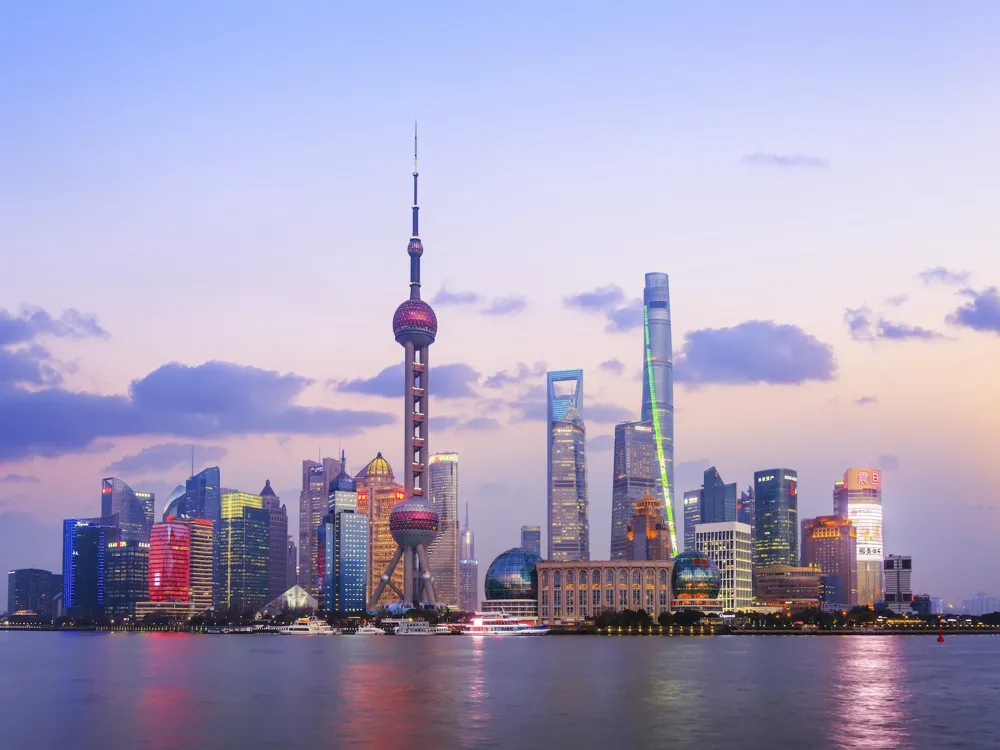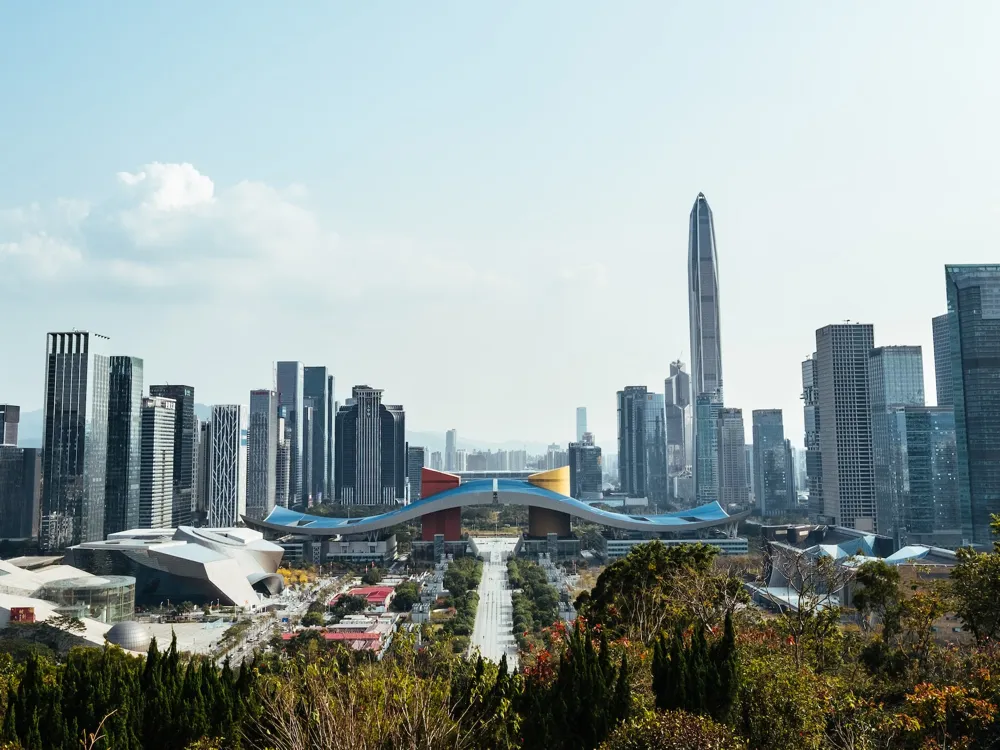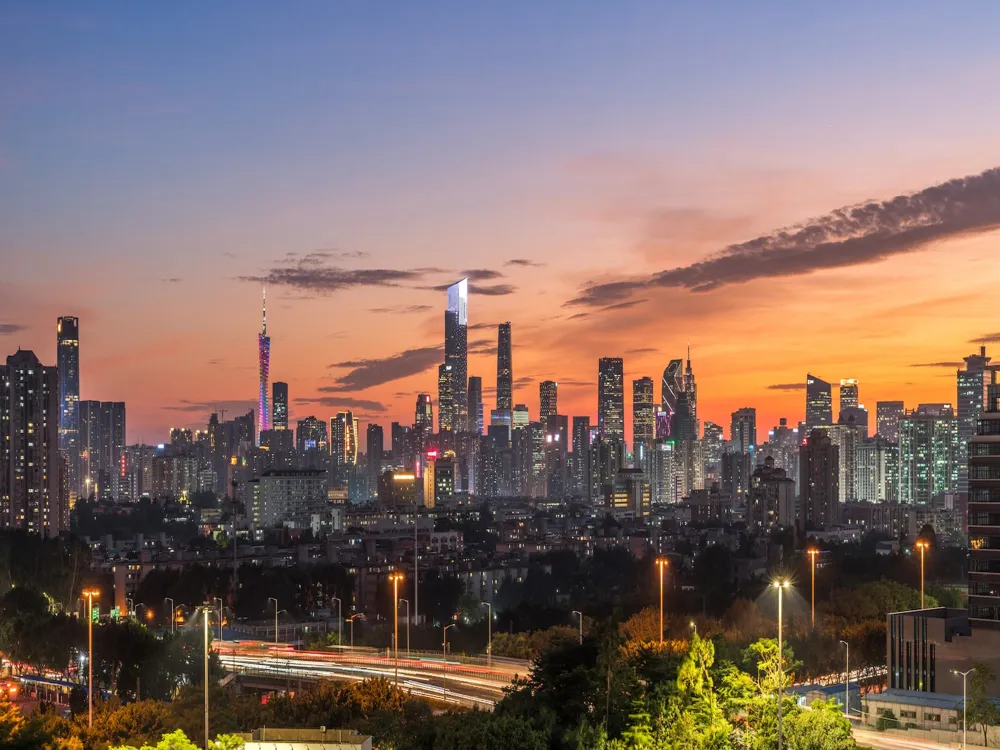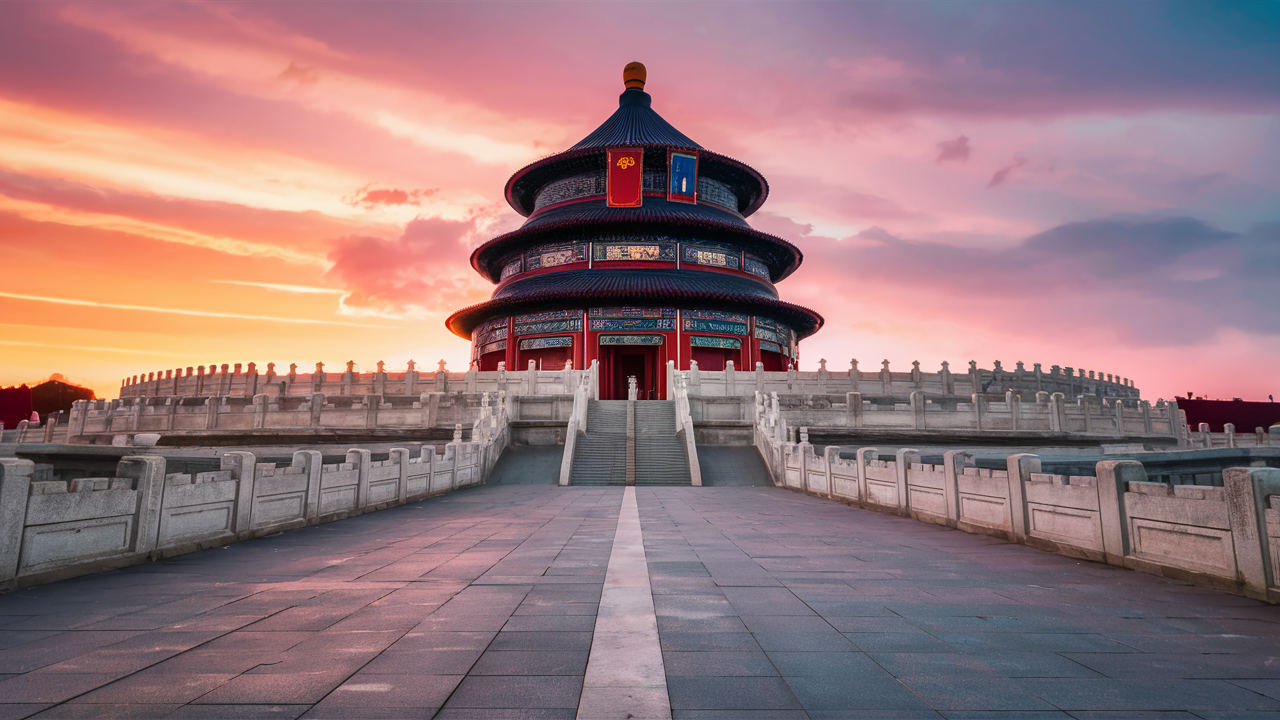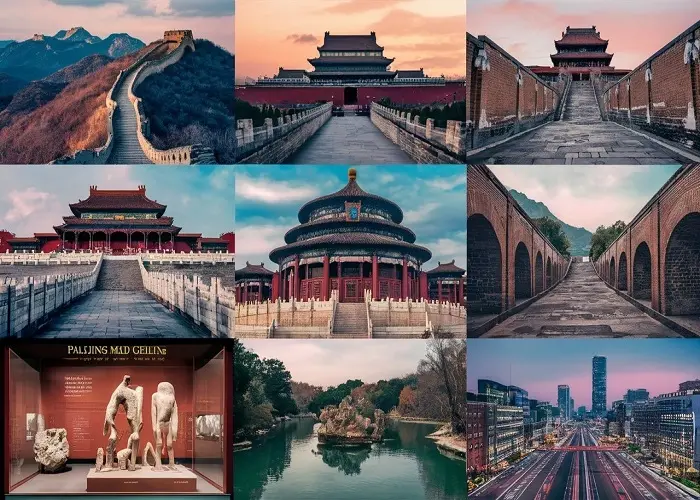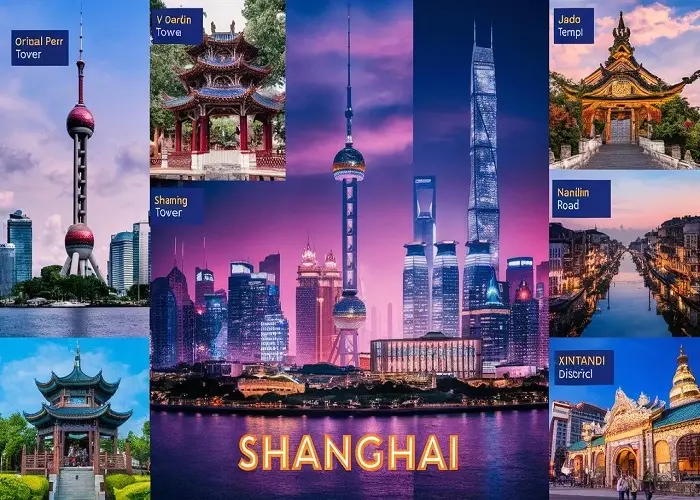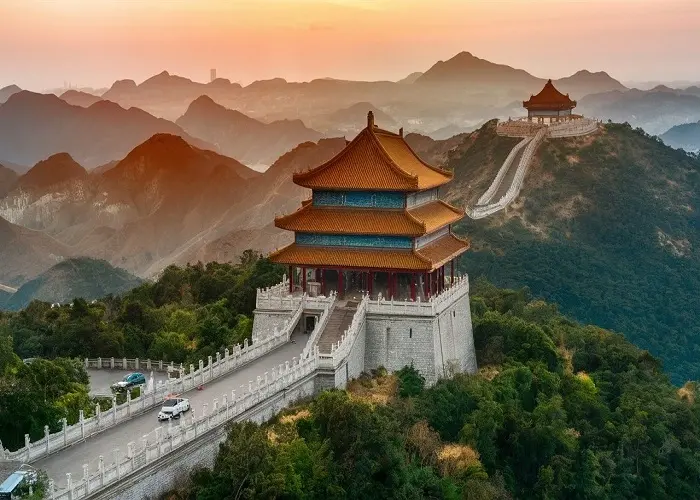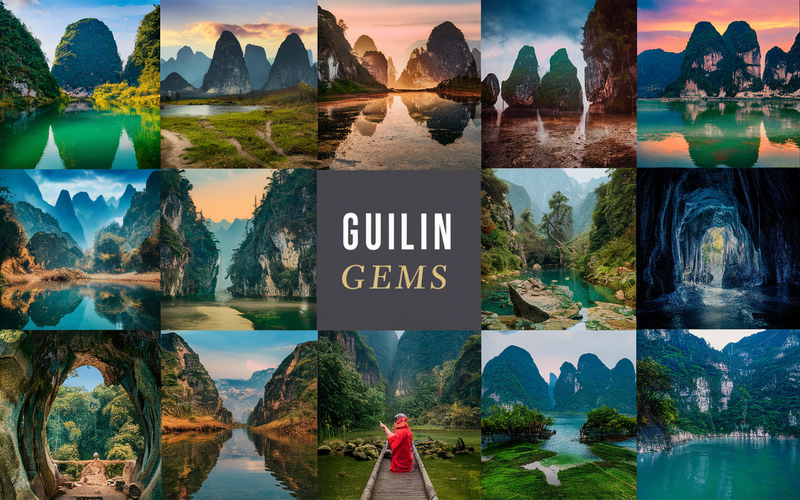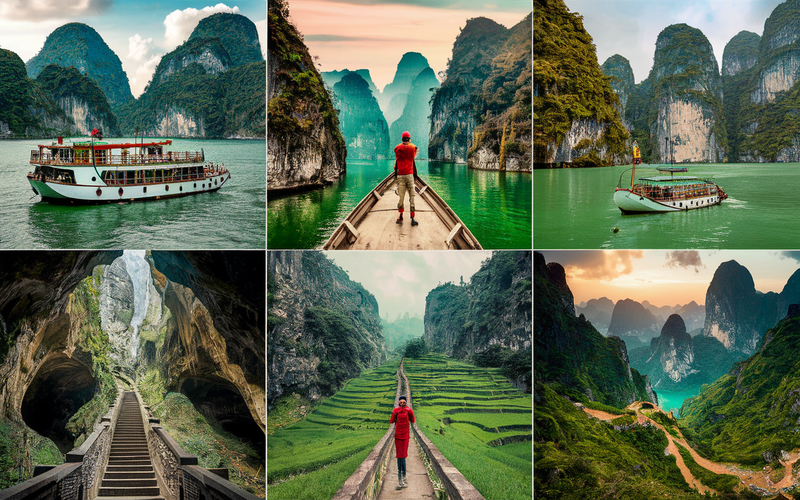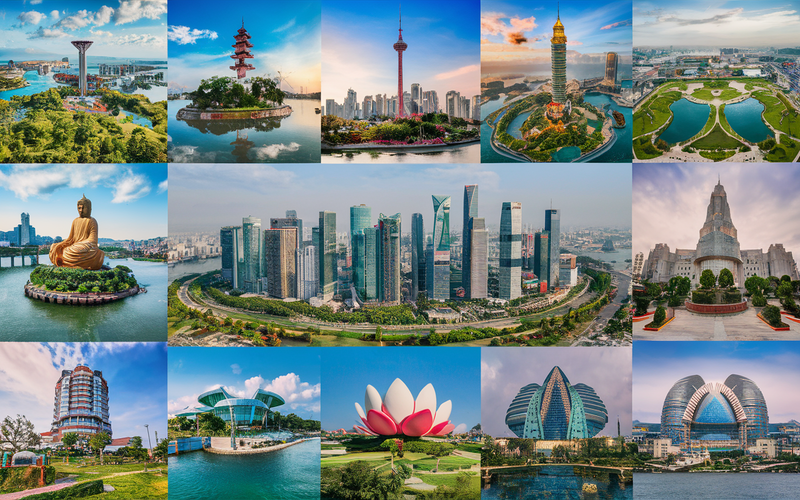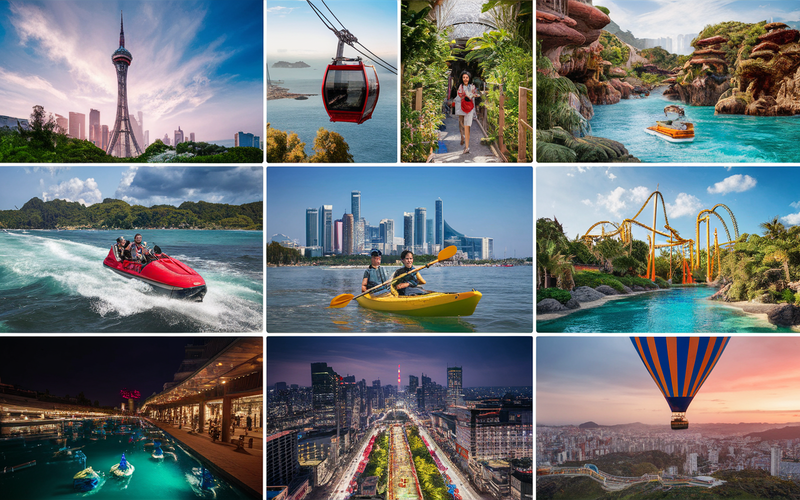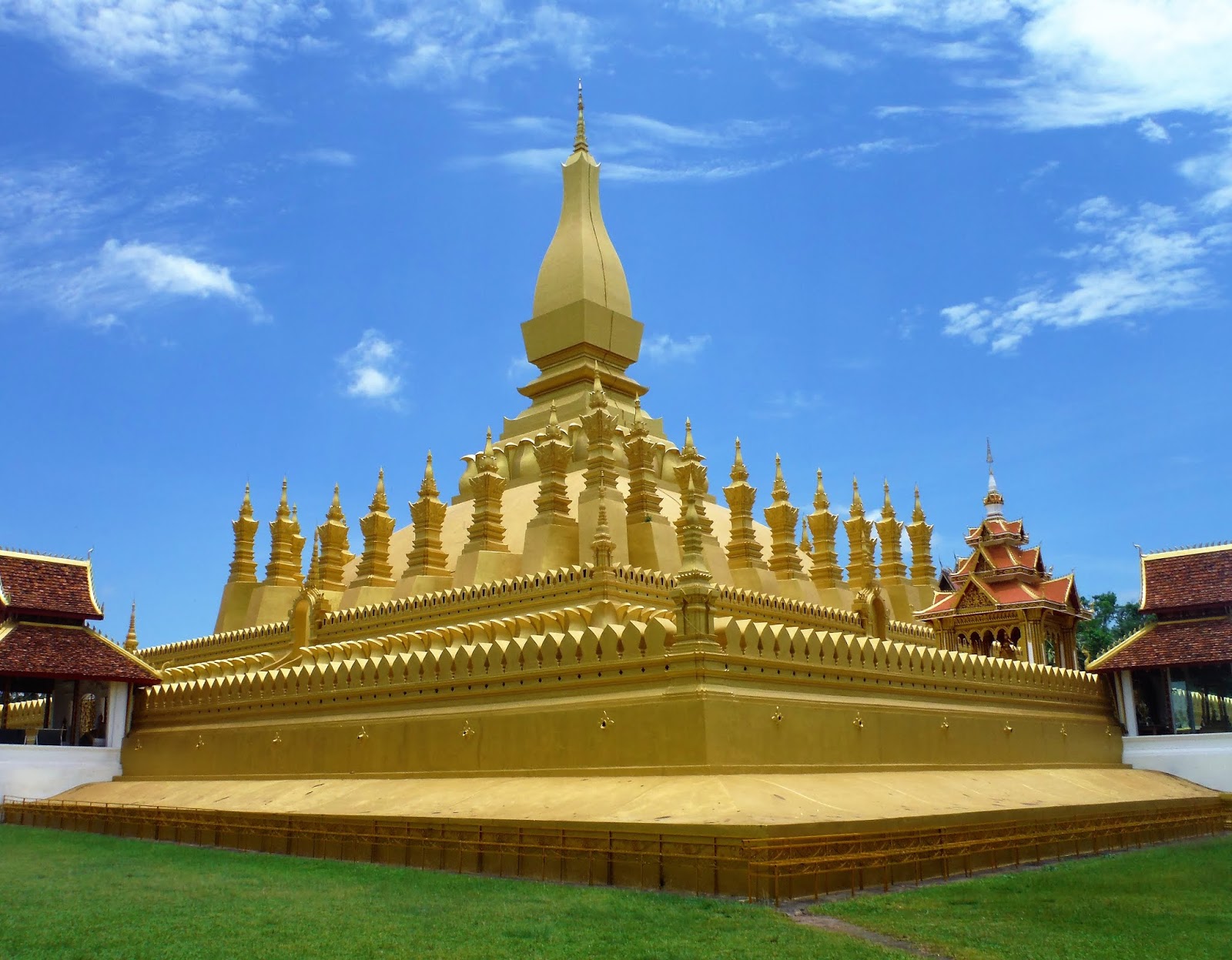Plan Your Travel To China
China Travel Essentials
Ideal Duration: 10 - 14 days
Currency: Renminbi Yuan (CNY)
Best Time: March - April (Spring), September - October (Autumn) Read More
Budget: Moderate
"China: A Land of Mysteries and Beyond "
China Tourism
The most populous country in the world, China, is home to both contemporary and historical treasures. Beijing, the nation's capital, is home to modern buildings like Bird's Nest Stadium, in contrast to ancient marvels like the Great Wall and the Forbidden City. Discover the Terracotta Army in Xi'an, feel the wonder of the karst scenery in Guilin, and take in Shanghai's vibrant cityscapes. Food enthusiasts will appreciate China's cuisine, which includes delicacies like dim sum and Peking duck. China offers visitors an exceptional fusion of history, culture, and swift progress through its varied landscapes, kind people, and intricate customs.
Must Know Before You Travel to China
Visa: Ensure you have a valid visa before you travel to China. The process can be time-consuming, so plan ahead.
- Language: Mandarin is the official language, and English may not be widely spoken. Consider learning basic Chinese phrases or using translation apps.
- Currency: The Chinese Yuan (CNY) is the currency. Credit cards are widely accepted in cities, but cash is essential in rural areas.
- Cuisine: Chinese cuisine varies greatly by region, so be adventurous and try local dishes. Street food is popular, but be cautious about hygiene.
- Cultural Etiquette: Learn about Chinese customs and traditions, like respecting elders and using both hands to exchange items.
- Internet Access: Access to websites and social media may be restricted in China. Consider using a VPN if needed.
- Transportation: China has an extensive high-speed rail network, but book tickets in advance. Familiarise yourself with the local transportation options.
- Health Precautions: Be prepared for different food, water, and air quality. Carry the necessary medications and have travel insurance.
- Safety: China is generally safe for tourists, but take precautions against pickpocketing and scams.
- Visa and Entry Requirements: Check the visa requirements for your nationality well in advance. China requires a visa for most visitors, and the application process can take time.
- Multicultural Society: Canada is known for its multiculturalism. Embrace and respect the diversity of cultures, languages, and traditions you may encounter.
- Great Firewall of China: Note that China restricts access to some international websites and social media platforms. Consider using a virtual private network (VPN) if you need access to blocked sites.
- Local Laws: Familiarise yourself with Chinese laws, including those related to photography and public behaviour.
- Time Zone: China spans several time zones. Confirm the local time at your specific destination to avoid confusion.
Tourist Places to Visit In China
Macau
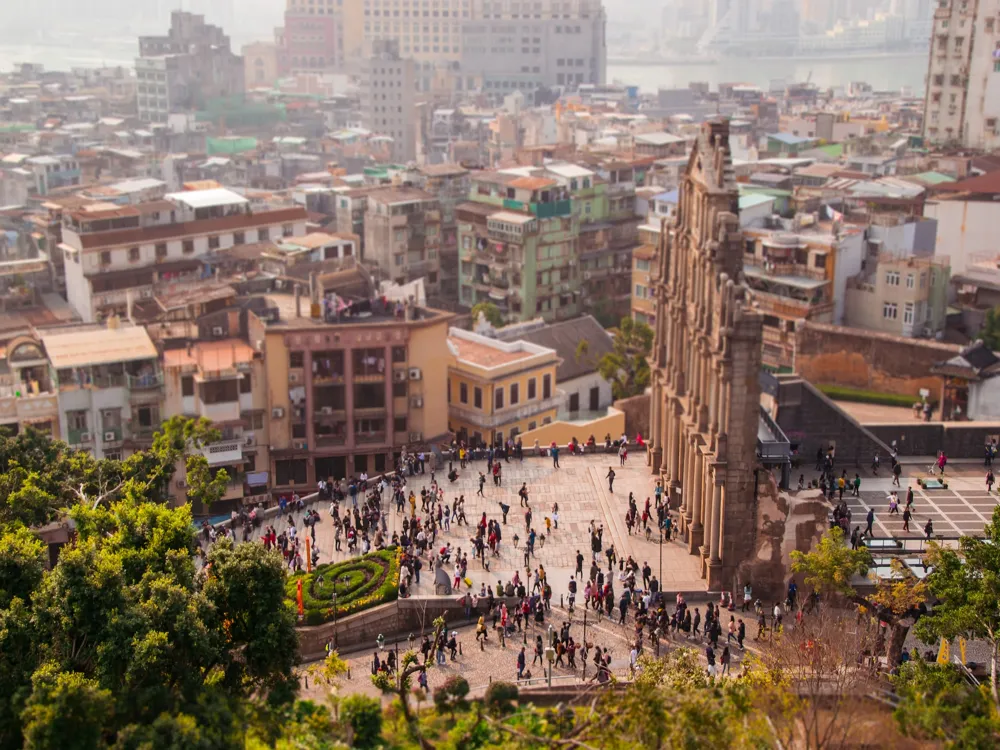
Beijing
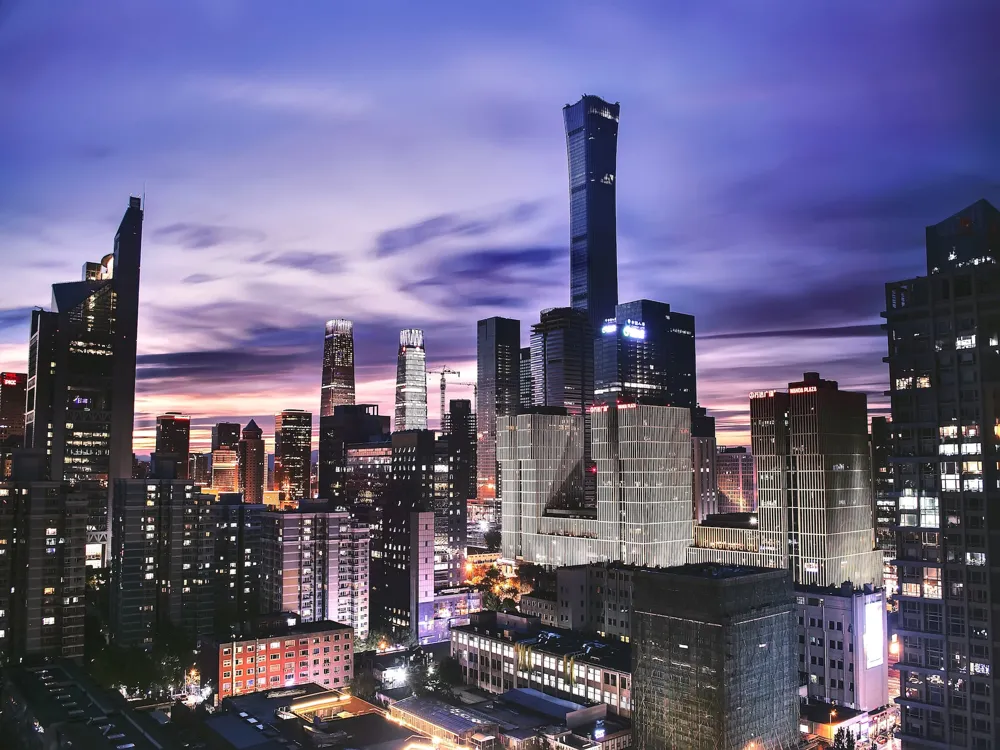
Yinchuan
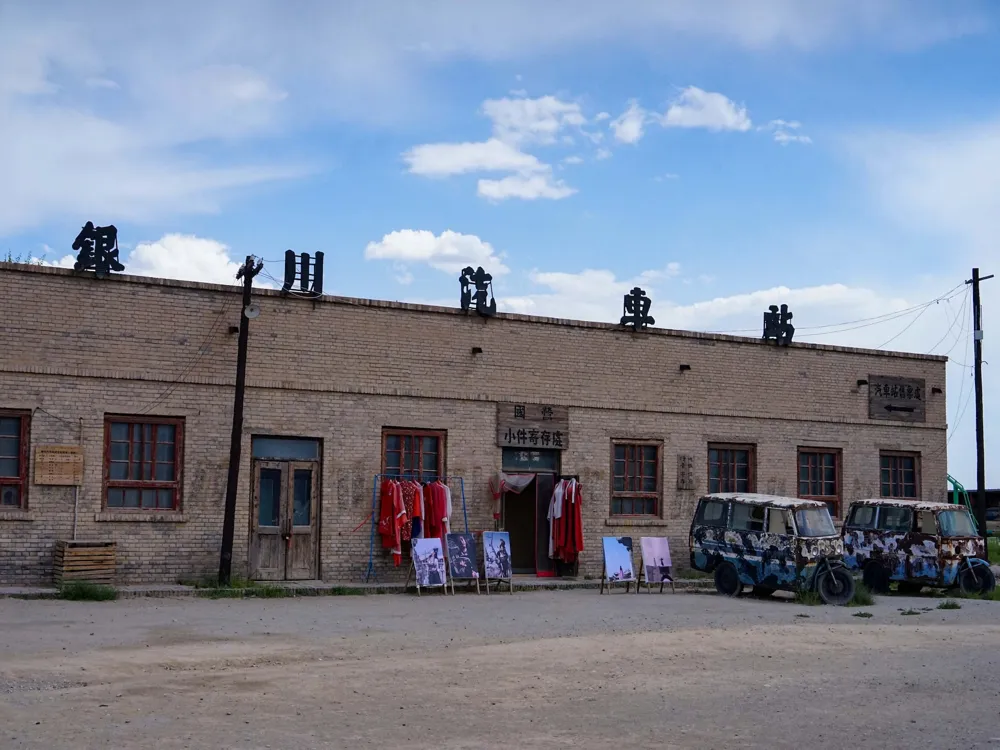
China Travel Packages
Compare quotes from upto 3 travel agents for free
View All Packages For China
More on China Travel
All collections about China
Best time to visit China
The months of March through May and September through October are the ideal times to travel to China. The huge nation of China has a varied climate. Most of the nation experiences incredibly pleasant weather during the spring and autumn seasons. Summers in South China are muggy and can reach as high as 40 degrees Celsius in certain areas. Between July and September is typhoon season along the country's southeast coast. Summers in Central China are lengthy and humid, while winters are brief and cold. The weather has little effect on historical and cultural attractions like Beijing, Xi'an, and Shanghai. Any time of year is a good opportunity to visit these places. Generally, the ideal seasons to go are spring and autumn, as they are also the lowest travel seasons for domestic travel. moderate weather for the majority of the nation. Summers in South China are muggy and can reach as high as 40 degrees Celsius in certain areas. July and September are typhoon seasons along the country's southeast coast. Summers in Central China are lengthy and humid, while winters are brief and cold. Cities rich in history and culture, like Shanghai, Beijing, and Xi'an, are not greatly impacted by weather variations. Any time of year is a good opportunity to visit these places. Generally, the ideal seasons to go are spring and autumn, as they are also the lowest travel seasons for domestic travel.
Top Stories about China Tourism
Read More on China Travel
Exchanging money in China:
It's essential to use licenced banks or exchange offices when exchanging money in China in order to guarantee fair rates and steer clear of counterfeit goods. The national currency is the Renminbi (RMB), and credit cards are frequently accepted in cities. With so many of them, taking out cash is simple. Keep in mind the daily withdrawal caps and, for convenience, carry modest denominations. Banks, lodging establishments, and airports all offer foreign exchange services. Keep your passport close at hand in case you need it. To obtain the best bargain, it's a good idea to compare conversion rates. Although the US dollar may be accepted in some areas, the main currency used is the RMB.
Nightlife in China:
China has a lively, diversified nightlife that has something to offer everyone. Large cities with thriving nightlife scenes that include pubs, clubs, and live music venues are Beijing, Shanghai, and Hong Kong. Karaoke bars and traditional teahouses are popular options. Night markets come alive in many cities, providing unique shopping experiences along with street food. Recall that it is mandatory to carry identification and that the legal drinking age is eighteen. Verify local laws since there may be severe closing times in some places. Respect Chinese traditions while taking in the wide variety of nightlife offerings.
Shopping in China:
With so many alternatives, shopping in China is a fascinating experience. Vibrant marketplaces and upscale shopping centres coexist, providing a variety of goods, from expensive labels to traditional crafts. Purchases of silk, tea, porcelain, and jade are common. In marketplaces, be ready to bargain, but fixed-price stores are typical in affluent neighbourhoods. While bargaining is a fun aspect of shopping, remember to be kind and respectful. Always request a receipt, and keep an eye out for fake items. The majority of stores take major credit cards and cash, making it easy for customers to experience China's dynamic retail scene.
Festivals in China:
Many festivals are held throughout China to commemorate the country's rich cultural legacy. The biggest is the Spring Festival, also known as Chinese New Year, which is celebrated with colourful parades, fireworks, and get-togethers with family. Mooncakes and lantern displays may be found at the Mid-Autumn Festival, while exciting boat races are on exhibit at the Dragon Boat Festival. The Qingming Festival is a time to respect ancestors, while the Lantern Festival astonishes with its vibrant lantern displays. During these fascinating festivals, make sure to partake in local rituals, enjoy celebratory dishes, and become fully immersed in the cultural traditions.
Hygiene in China:
When travelling to China, it's important to practise excellent hygiene. It is typically not safe to consume tap water; instead, use boiling or bottled water. Since soap may not always be available in public facilities, always carry hand sanitizer and use it often. Make sure you are up to date on your vaccines and eat at reputed businesses to be on the lookout for food safety. Some cities have problems with air pollution, so if you're in an area that's really filthy, think about donning a face mask. All things considered, maintaining proper personal hygiene—such as washing your hands and using tissues—will contribute to a safe and happy vacation to China.
Tips for visiting China:
1. Respect the depth of history and culture found in China.
2. Acquire some fundamental Mandarin phrases to facilitate conversation, and have a translation app on you for ease of use.
3. Honour regional traditions by giving and receiving things with both hands and taking off your shoes before entering homes.
4. When eating, observe good manners by not poking chopsticks straight into the meal.
5. Take precautions with the protection of your personal data when travelling, and use a VPN to visit websites that are prohibited.
6. In order to get the most out of your vacation in this intriguing country, be ready for the vastness and diversity of the country and arrange your itinerary appropriately.
Food of China:
Chinese food is known for its variety and taste, making it a delicious culinary journey. Every location has its own specialties when it comes to food, from dim sum in Guangzhou to peking duck in Beijing. Savour foods like hot pot, xiaolongbao (soup dumplings), and kung pao chicken. Street food sellers provide delectable delights like as stinky tofu and jianbing, or savoury crepes. From chewy rice noodles to hand-pulled lamian, explore the varied world of noodles. Accept the tradition of dining as a family and be willing to explore new flavours. China's cuisine is a celebration of creativity and history, making it the culinary centrepiece of each trip.
Photos of China
All Country Photos China
Popular Questions And Answers on China
What are the must-visit attractions in China?
China boasts a wealth of attractions, including the Great Wall, the Forbidden City, the Terracotta Army, and the stunning landscapes of Zhangjiajie National Forest Park.
What is the best time to visit China?
Spring (April to June) and autumn (September to October) are generally the best times to visit, as the weather is mild and comfortable in most parts of the country.
Do I need a visa to visit China?
Yes, most travelers need a visa to enter China. You should apply for a tourist visa at the nearest Chinese embassy or consulate before your trip.
What are the transportation options within China?
China has an extensive and efficient transportation system, including high-speed trains, domestic flights, buses, and subways in major cities. Choose the mode that suits your itinerary.
Is it safe to drink tap water in China?
It's recommended to drink bottled water in China, as tap water is not always safe for consumption. Make sure to buy sealed bottled water.
What's the local currency in China, and how do I exchange money?
The local currency is the Chinese Yuan (CNY). You can exchange money at banks, exchange counters, or ATMs, which are widely available.
What's the local cuisine like, and is it safe to eat street food?
Chinese cuisine is diverse and delicious. Street food can be safe to eat in reputable stalls, but make sure it's cooked thoroughly. Be cautious to avoid stomach issues.
Do I need to know Mandarin to travel in China?
While Mandarin is the most widely spoken language, especially in urban areas, you can get by with basic English, especially in tourist areas. Learning a few essential phrases can be helpful.
What are the customs and etiquette in China?
Respect is crucial in Chinese culture. Learn about local customs, such as removing your shoes before entering someone's home and offering and receiving gifts with both hands.
What souvenirs can I buy in China?
Popular souvenirs include Chinese tea, silk products, calligraphy art, traditional handicrafts, and unique regional items from the area you visit.









